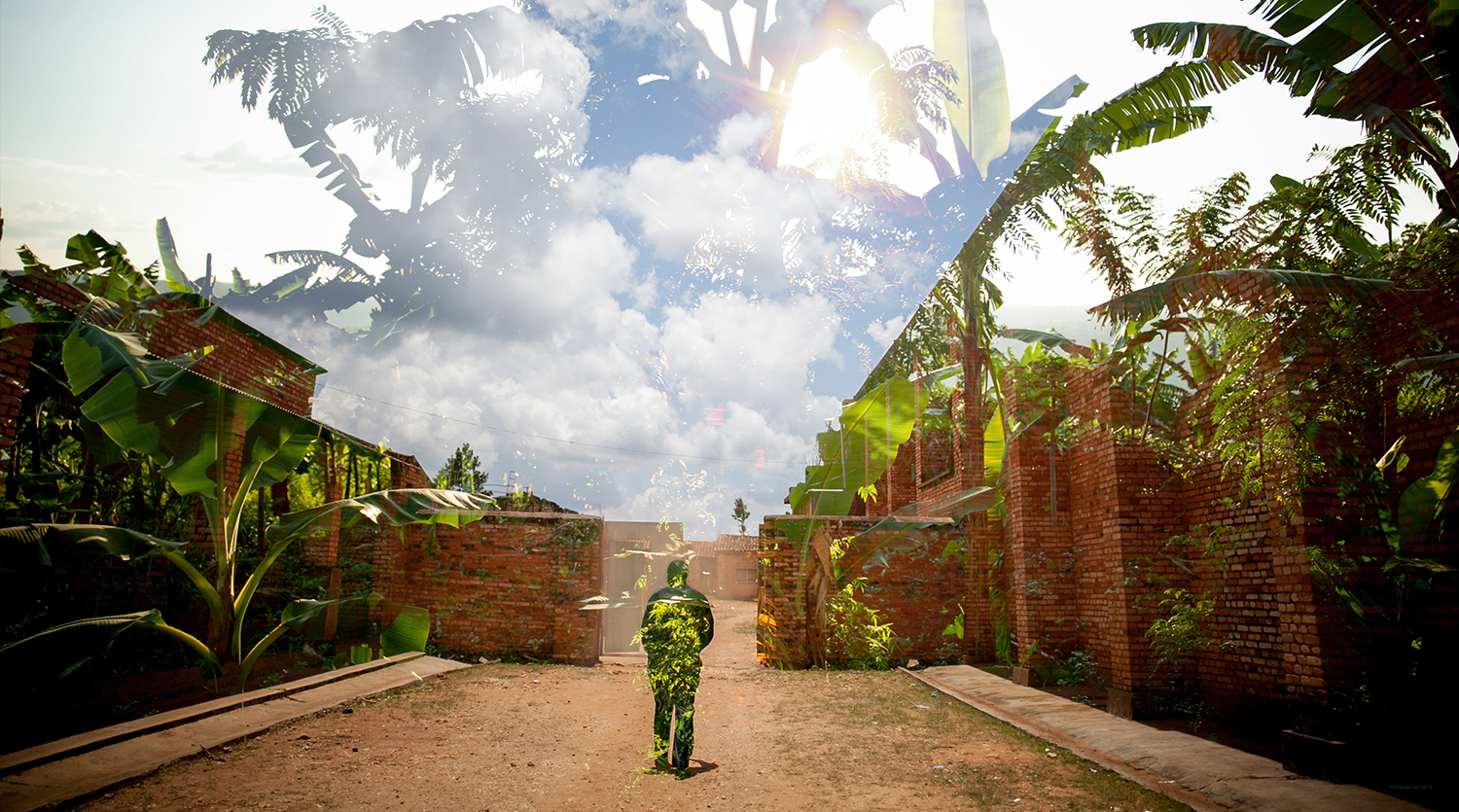
Conversations in the car are intense. Colonization, spirituality, politics and utter brutality, violence and betrayal — all incomprehensible factors that led up to genocide. Our conversations are set to the backdrop of thousands of lush hills and thousands of massive graves concealing bones — bones of innocent men, women, and children whose only crime was being born Tutsi. The coexistence of Rwanda’s brutal history and scenic beauty is surreal.
No matter how many questions I ask, how many stories I listen to, how many fragments of bones I see, I don’t think I’ll ever be able to understand how in just one hundred days, close to one million people were slaughtered as if they had no worth. Identifying with these stories of gross atrocity seems impossible.
“I don’t really call myself a survivor because when the one hundred days of genocide began, I was in Uganda. Even though I came back to Rwanda in the middle of the killings, I was never in an area controlled by the militia. Yes, it was risky to return to Rwanda at that time and I remember two occasions where I got very close to being killed—but my story isn’t as significant as others we will be seeing. For example, my wife’s—she survived, but barely. She doesn’t talk about it.”
Read the Full Article
